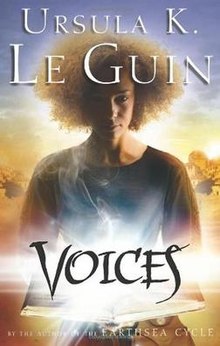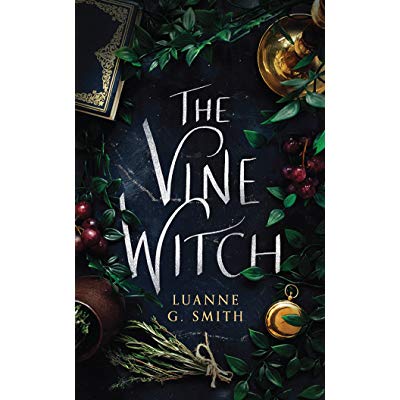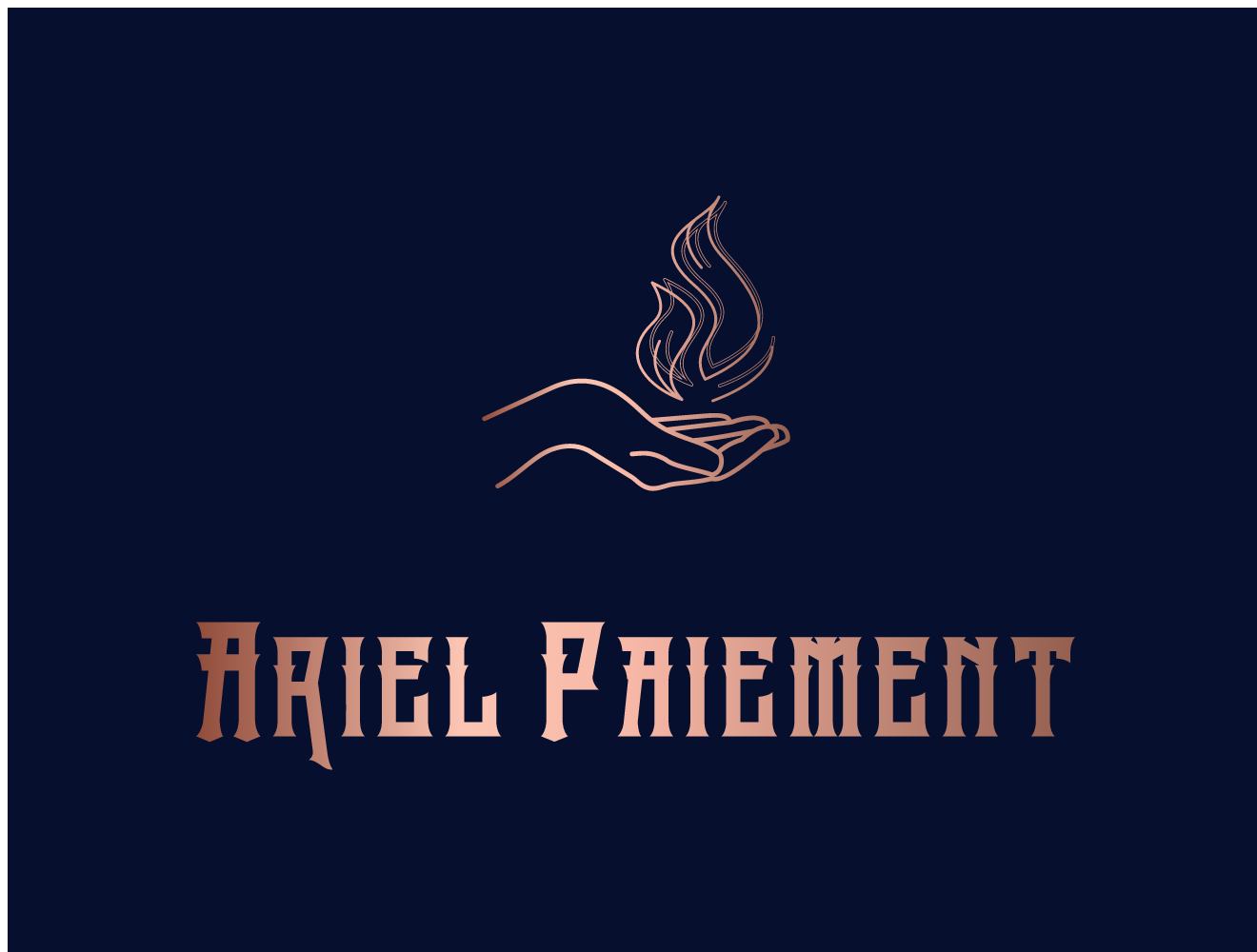Introduction
This was the newest book on my list of books read. So far, it’s the only one I’ve finished this year. I’m off to such a great start on that sixty-books-read-this-year goal, aren’t I? Yeah, not really… Anyway, I finished this sometime mid-January but am only just getting to the review for the blog now. As usual, my reader’s review is the same as the one I post to the usual reviewing sites like Amazon, Goodreads, and Bookbub. If you are interested in learning more about the craft in the book, skip the reader’s review and go straight to the writer’s review. Or feel free to read both. I don’t really mind.
Reader’s Review
Overall, I enjoyed this book. It could have gone through another edit. There were a lot of little errors and problems that a strong editor could have ironed out of the book, and as an editor, those issues were abundantly clear to me. However, I found the story itself to be entertaining enough, and I don’t feel those problems would keep a reader looking for a quick read from enjoying. Unless you’re the type to be a grammar Nazi, a writer who’s picky about stuff being just right in every way, or a freelance editor like myself, you’re probably not going to notice the issues most of the time.
The characterization was pretty strong with several characters having particularly unique voices, which I appreciated. The variety in character, personality, and voice was refreshing, and I liked the struggles they all went through between choosing right or wrong in the entirety of the story.
That’s another thing. Right and wrong were clearly defined in the book with consequences for doing either clearly outlined too. It’s hard to find books that keep that line from becoming blurred, particularly in fantasy, so I liked that Traynor did this well. If you’re looking for that in your fantasy books, then this book has that going for it, for sure!
I would recommend this story. It’s a good choice for younger kids (pre-teens and up), I would say. There wasn’t anything terribly inappropriate, in my opinion, and the book doesn’t use any foul language. Kids who like adventure books with magic and wizards mixed in will enjoy this, and it’s easily accessible for even reluctant readers.
Writer’s Review
Now the fun part, right? We’re going to pick apart the craft for this book and talk about what could be better as well as what was well done. To begin with, let’s talk about the good things that we can all learn from. I’m going to focus mainly on voice and characterization since I noticed these two elements stood out as being nicely done in this book.
Voice
To begin with, voice was excellent here. When I say voice, I’m specifically referring to the different voices and flavors of speech that characters had. Some authors do very well with this while others don’t. Traynor did well with it. You could tell the difference between characters by the dialogue alone in most cases. The way they phrased things, what they said, and the word choices they used were unique with each character. Some were, of course, more similar than others, but they were all, in my opinion, different enough to allow readers to tell the difference. This can be pretty tough to do, so if you choose to read Idi & The Oracle’s Quest, pay special attention to the different ways Traynor differentiates between characters in dialogue. I think you’ll be surprised at how many ways it can happen with everything from sentence structure to the individual words themselves. It’s often more subtle than you’d think, though in some characters, such as the dwarves that one of the main characters stays with, have more unique voices than others.
Characterization
In many ways, voice is simply a subset of characterization. After all, the way a character speaks says a lot about who they are. However, voice wasn’t the only part of characterization Traynor executed well. Her characters in general feel as if they could be real people thanks to their little quirks, oddities, and practices. No two are alike, however similar they may be at times. Their uniqueness sets them apart from one another and goes a long way toward making the story believable. For me, the characterization was one of the main reasons I kept reading the book. I started it after picking it up in a Facebook review exchange group I’d joined, and we were only obligated to review if we felt we could give the book a good rating (anything above three stars). At first, I wasn’t positive if I could or not because of what the book didn’t do well, but the characterization combined with an overall interesting story-line saved this book from receiving no review or a shelving on the not-finished shelf on Goodreads from me. This just goes to show that many times, even if a reader isn’t fond of your plot or something else in the book, they’ll keep reading anyway if you can invest them in the characters.
A lot of what brought the characters to life was the humanity in them all. Idi started out with a petulant, rude streak but grew into a decent, kind human being. He went through struggles we can all understand (to one degree or another, at least), and I wanted to root for him. I wanted to know what happened to him. His mentor Marcus was also well-rounded. He was a kind old man who sometimes lacked patience but generally was very loving in spite of his insecurities and frustrations surrounding his apprentice. These are only two examples out of many in the book, but they’re good places to start if the area of characterization is something you struggle with.
What the Book Didn’t Do Well
Okay, so this is more a cautionary tale than anything. I know editing is expensive, or at least seems so when you’re a broke author struggling to make it in the highly competitive market, but it’s important. Now, I could tell some effort had been applied to this book, but it fell far short of professional in many places because of missing or misplaced commas, poor sentence structure, or lagging flow in the story. These are all things that, by themselves, wouldn’t necessarily cause a reader to stop reading for pleasure, but they’re certainly going to stand out to one degree or another.
We don’t notice what isn’t there. Unless it should be there, that is. Likewise, we often don’t notice what is there until it isn’t when it needed to be. This book is a good example of that. Mostly, its issues weren’t ones that an average reader would catch every time. They might notice a confusing sentence, a slow paragraph, or even a missing comma here and there. But for avid readers, it’s going to be a stumbling block. And here’s the thing. The avid readers are, many times, the ones who will share your books with all their friends and read them a million times if they really liked them. If they can’t point to a book and tell you it was a good piece of writing, they’re not going to recommend it. The average reader is going to read it, might mention it to one or two people (if they think of it or someone asks), and move on. Maybe they read the next book. Maybe not. If they’re not big readers but really found your book appealing, you may get a bit more exposure from word-of-mouth. Avid readers though are much more likely to become enthusiastic fans. I can say that honestly as an avid reader myself. I’d recommend my favorite authors in a heartbeat, and chances are that I’ll review them, share them, and talk about them too. At the least, I’ll be talking about them, even if I wasn’t directly asked. (Maybe a little too much sometimes).
All that to say that editing matters. It pays off. I know it feels expensive and it’s easier to do it yourself, but unless you’ve got some background in editing or have done a lot of research on it to learn how, it’s only easier because you don’t see all the problems with your manuscript. No one likes to admit it, but that’s the way things are. Even for me, as someone who edits for clients, I find that I don’t catch everything in my work without multiple edits (probably four or five as opposed to the thorough, once-through or twice-through edit I can do for a client), and not even then sometimes. Why? Pretty simple. I wrote it. I know what I was thinking. No one else does unless I communicated it well, and if I didn’t, well, I’m not going to catch on to that little problem unless it’s so obvious that even I don’t understand what I was trying to say. (Then I know there’s really a problem. Probably something along the lines of “I wrote this when I was three-fourths of the way asleep, and I need to rewrite this whole section” kind of problem.) That’s going to be at least equally true of anyone with little to no experience editing.
There’s no shame in that.
But you do need to address it if you want your book to stand out from every other self-published title on Amazon that some beginning writer threw together in hopes of making a quick buck on it. We all know a good cover sells books, but you’re not going to sell more than a few copies if everyone drawn in by the cover wants to leave five pages in because your work is so full of problems it’s impossible to get through.
To be clear, Idi & The Oracle’s Quest was not that bad. It wasn’t bad enough that I couldn’t understand it or wanted to bang my head against a brick wall. It was just bad enough to frustrate me a lot at the beginning and to continue to needle me here and there once I was invested in the characters. But, since we’re trying to learn from what went right and what went wrong with these book reviews, I didn’t want to overlook this important point. Get an editor if you don’t know how to edit. Even if you have to ask a friend who’s good at it to do it in exchange for something else (like a free copy of the book or a really nice dinner out), get an editor. If you can edit proficiently, then find beta-readers. Get input from your intended audience members so that you know what you missed! You will not catch it all because you are hardwired to understand what you are trying to communicate. No one else in the world is. Make sure you know what areas you need to clarify before you go publishing things.
Conclusion
I hope this has been helpful to you all! If you want a copy of Idi & The Oracle’s Quest, you can pick it up in ebook or paperback formats on Amazon. In closing, I would like to point out that this book did have an excellent message. It’s clear that the book has Christian influences to it, so if you’re looking for a good juvenile or YA Christian fantasy, this would be a good choice. It isn’t as clearly Christian or allegorical as Joanna White’s or Allen Steadham’s stuff, but it’s still good. I’d say it’s more like what I tend to write in that it has clear Christian influences, but it isn’t necessarily meant to be expressly Christian through clear salvation themes or Bible verses woven into the text. The influences are there if you’re a Christian or know anything about Christian beliefs, but you won’t be hit over the head with it everywhere you turn either if you’re more in the mood to read a book without serious philosophical undertones.



